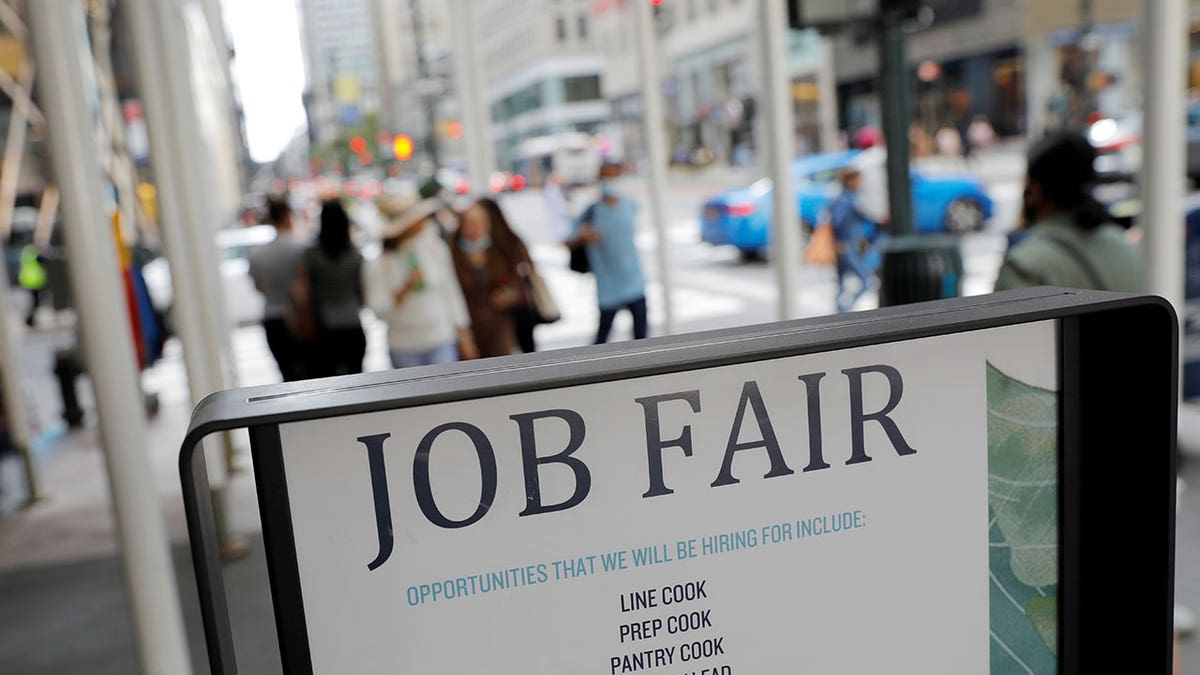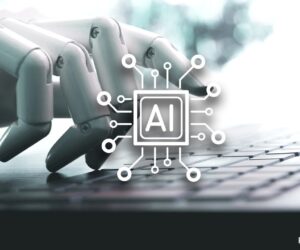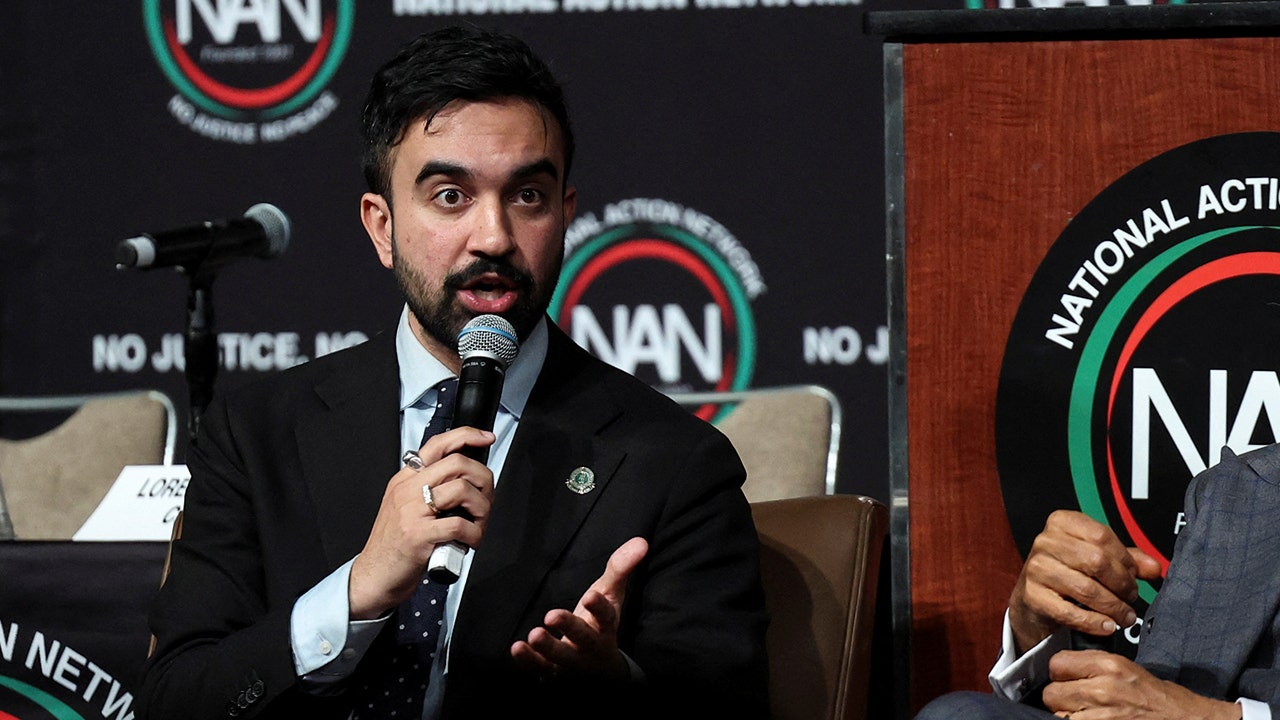NEWYou can now listen to Fox News articles!
This summer should be bringing the Class of 2025 a moment of well-deserved relaxation before they launch their careers. Instead, far too many college and high-school graduates are filled with anxiety. They’ve applied for dozens, perhaps hundreds, of jobs, but interviews and offers have become increasingly rare.
The national unemployment rate for young adults aged 20 to 24 looking for work is 6.6% — the highest level in a decade, excluding the pandemic unemployment spike. Among those without college degrees the situation is even more dire: The unemployment rate for high-school graduates aged 18 to 19 is 14.5%.
The precipitous reduction of entry-level hiring has been blamed on tariff-induced economic uncertainty and employers betting that artificial intelligence advances will reduce labor needs. Once there is greater clarity on both fronts, many expect hiring to increase.
ILLINOIS’ POPULATION IS AGING ‘FASTER’ THAN THE REST OF THE COUNTRY, EDITORIAL WARNS
But what if this is more than a short-term blip?

The job market is getting increasingly competitive for people early in their career. It’s up to Americans to figure out ways to fix that. (iStock)
A major new study by research consultancy HarrisX, funded by our family foundation, reveals that school-to-work pathways for millions of young Americans — both those with and without college degrees — are far more deeply fractured than previously known, posing a significant threat to building the future workforce essential to growing the U.S. economy.
More than four in 10 young people say both the education system and the employment resources to which they have access are broken and not providing them effective guidance. And they worry employment will become even more difficult as AI impacts the job market: Nearly half said they feel unprepared, or are unsure of their preparation, for jobs of the future.
MIKE ROWE WARNS OF DECLINING WORK ETHIC PROBLEM AS YOUNGER GENERATION ‘SNOWFLAKES’ FACE FEWER CONSEQUENCES
The study reveals how a broad swath of Generation Z between 16 and 24 years old remains far from tapping its full potential because of systemic inertia that leaves too many young people stranded at the start of their careers.
Many young people are not being adequately served by the institutions they encounter at every stage of their journey into adulthood, from high schools that do not expose students to a range of careers and non-college training pathways to achieve good jobs, to employers who are unwilling to invest in building hard and soft skills among new hires.
This broken marketplace has significant consequences for the future of the U.S. economy, particularly efforts by the Trump administration to increase domestic industrial production, which will require a larger pipeline of skilled workers.
Our nation has millions of open jobs — more than 7 million of them, according to the U.S. Chamber of Commerce. The problem for the Class of 2025, and many other jobseekers, is that the skills taught in our high schools and colleges aren’t aligned with what many businesses need, especially advanced manufacturers.
NEARLY HALF OF GEN Z ADMITS TO LYING ON JOB APPLICATIONS, SURVEY FINDS
Many of those unfilled jobs — and more so in the future — require applicants to possess more than just a high-school or college degree. Yet too many young adults lack the guidance and resources to acquire the necessary skills and credentials.
Too often, adults fault young people for not demonstrating more initiative and gumption in their journey into working life. But everyone who engages with young adults is responsible:

Finding jobs is getting harder for young people. Most employers expect early career workers to have experience. FILE: Signage for a job fair is seen on 5th Avenue in Manhattan, New York City, September 3, 2021. (REUTERS/Andrew Kelly/File Photo)
Nearly 80% of parents rely on their own dated personal experiences and input from friends and family — as opposed to outside resources — to guide their children.
Eighty-five percent of educators and career navigators don’t collaborate with employers.
More than three-in-four employers require at least a year of experience from those seeking entry-level jobs, yet most do not offer internships, apprenticeships or other programs designed to provide early-career experience.
GEN Z BRANDED AS THE ‘MOST GULLIBLE GENERATION’ AFTER NEW ANALYSIS OF MEDIA HABITS
Having been connected to a Fortune 500 company for three decades, we know well the pressure to use every dollar to grow the bottom line. But our businesses and our overall economy won’t thrive over the long run if firms don’t invest in creating new opportunities for workers.
CLICK HERE FOR MORE FOX NEWS OPINION
Our nation has millions of open jobs — more than 7 million of them, according to the U.S. Chamber of Commerce.
One of the innovations at Starbucks of which we are most proud has nothing to do with coffee. It was the decision to offer every Starbucks barista the opportunity to launch new careers by enrolling online at Arizona State University for free. To date, more than 16,000 of them have graduated with bachelor’s degrees — vaulting many into new roles inside and outside the company, with an average pay increase of $40,000 within 18 months.
The alarming headline about recent graduates should bolt us out of our complacency. Too many of our systems were designed for a different era. The old model of earning a degree and staying with one employer for decades no longer fits today’s dynamic workforce.
The challenge now is to build a better marketplace — one that is nimble, forward-looking, and grounded in the realities of a global, tech-driven economy. That marketplace requires embracing the power of AI to help repair what it is destroying: AI-powered agents and other tech tools that can help young people navigate options with more clarity. By surfacing internships, training programs, and regionally relevant opportunities, we can meet students with the right guidance at the right time.
CLICK HERE TO GET THE FOX NEWS APP
We need more relevant insights about emerging opportunities, the value of different pathways and credentials, and labor-market disruptions. We also must embrace a fundamental change in how we all learn, from a learn-then-work model to a world of lifelong learning, hands-on skills, and fluid pathways across industries. As ASU President Michael Crow puts it, the mission of education is not to “complete” a student; it is to launch a learner for life.
Only then can this generation achieve a real chance to rise and achieve a new American Dream. This is moment to build a future that delivers progress not just for the Class of 2025, but for every class after them.
Sheri Kersch Schultz is co-founder and chair of the Schultz Family Foundation.








